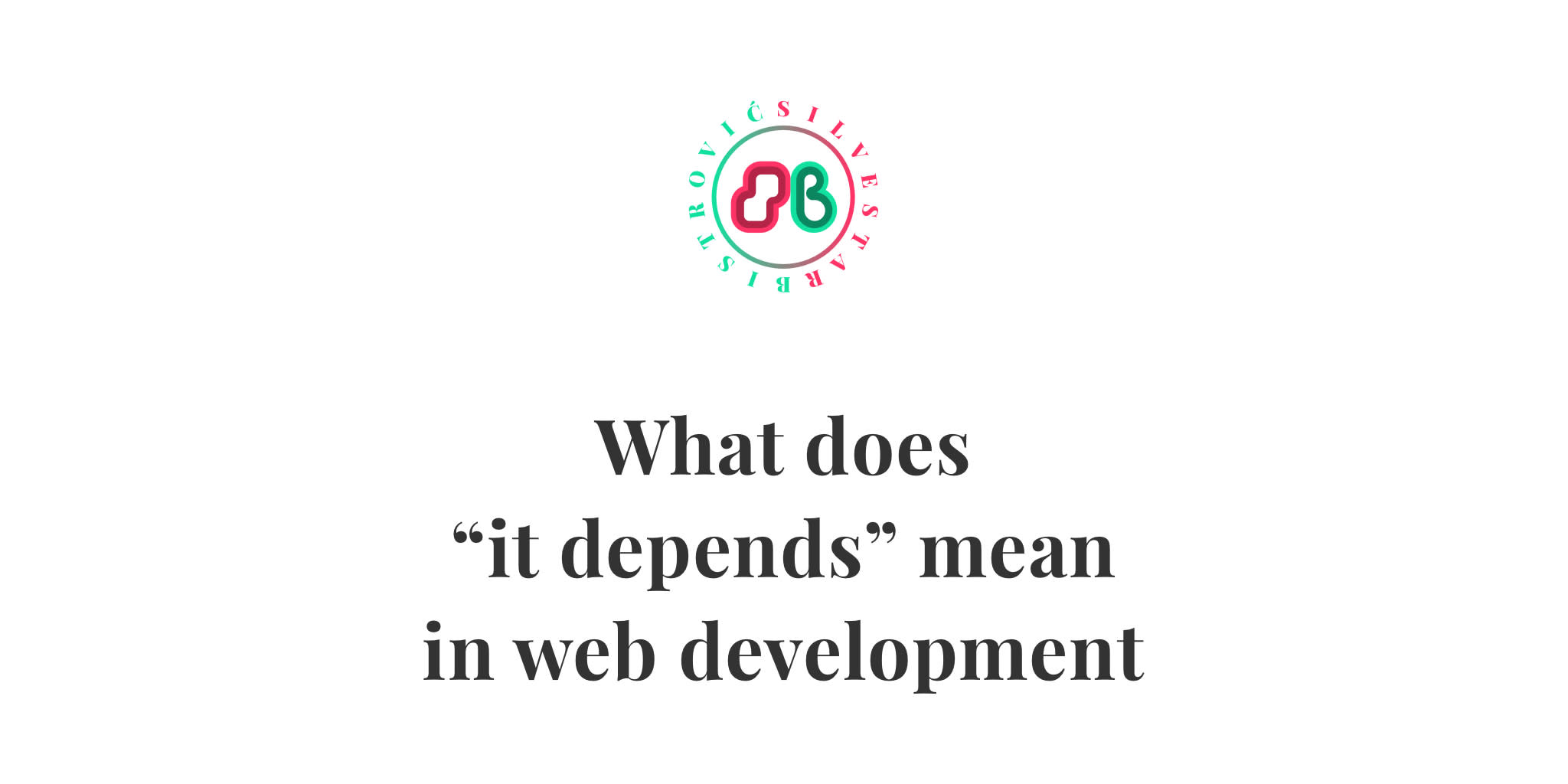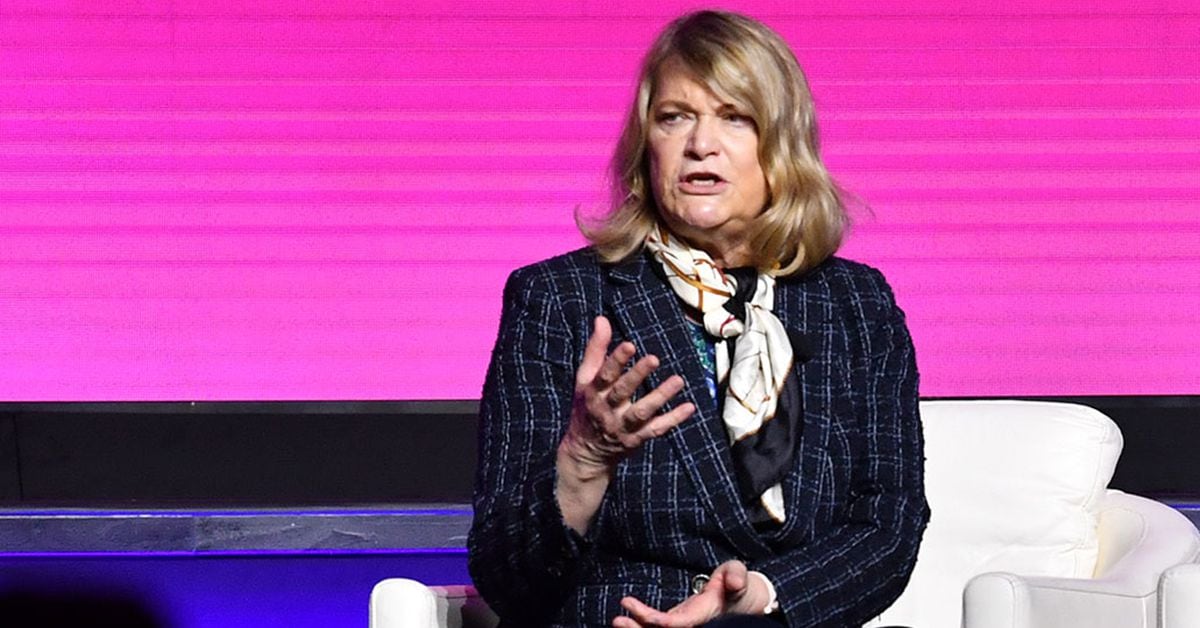
Why So Many of Us Experience a Midlife Crisis
A mid-career crisis can happen to anyone. It can hit even those who objectively have the most fulfilling jobs. When it does, it inflicts pain on the individual suffering it and causes productivity losses for employers. Yet, the phenomenon remains stigmatized and under-researched, leaving crucial questions unanswered. What are the causes? Why does this malaise seem to strike in mid-life? And how can those who are stuck in its grips shake themselves loose?
An emerging literature in economics has started to investigate what’s happening during midlife, providing insights that might help people and firms to better handle these painful and costly episodes. Analyzing a nation-wide survey from the UK, a group of economists working with professor Andrew Oswald of The University of Warwick found that the job satisfaction of the average employee deteriorates dramatically in midlife. Mid-career crises are, in fact, a widespread regularity, rather than the misfortune of a few individuals. But here’s the good news: In the second half of people’s working lives, job satisfaction increases again, in many cases reaching even higher levels than earlier in the career — essentially forming a U-shaped curve.
Subsequent research discovered that this age-related U-shape in job satisfaction is part of a much broader phenomenon. A similar midlife nadir is detectable in measures of people’s overall life satisfaction and has been found in more than 50 countries. On average, life satisfaction is high when people are young, then starts to decline in the early 30s, bottoming out between the mid-40s and mid-50s before increasing again to levels as high as during young adulthood. And this U-curve occurs across the entire socio-economic spectrum, hitting senior-level executives as well as blue-collar workers and stay-at-home parents. It affects childless couples as well as single people or parents of four. In short, a mid-career crisis does not discriminate.




















